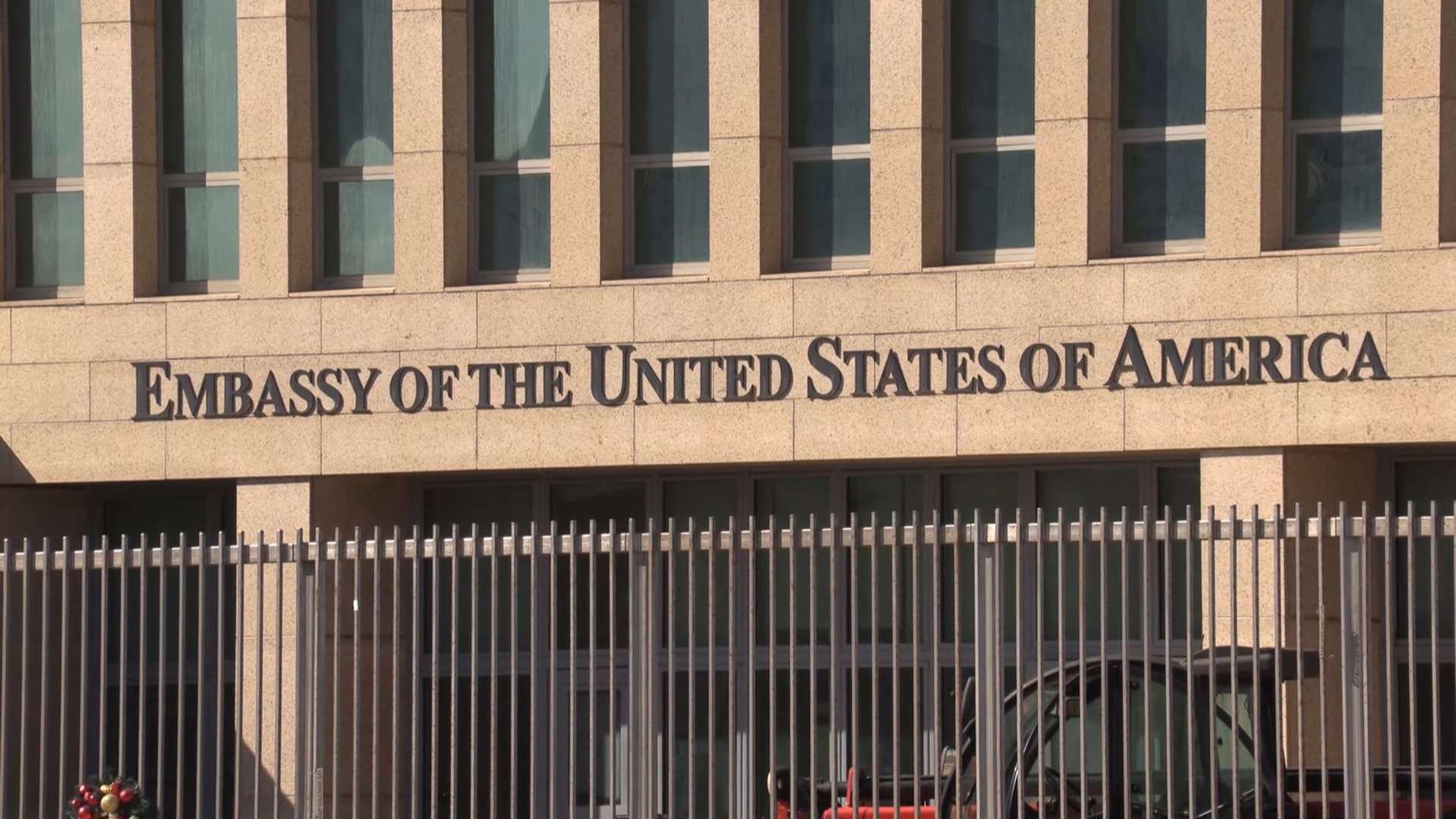The high inflation in Colombia, which at the end of 2022 stood at 13.12%, could be a determining variable for the Banco de la República to continue in 2023 with the upward cycle of interest rates, which began a few months ago. .
(Are Banrep interest rate hikes coming to an end?).
After knowing the inflation data, various market analysts such as Sergio Olarte, Scotiabank Colpatria’s chief economist, stated that the increases would continue.
“It is expected that the Banco de la República, quite possibly at its January meeting, will continue raising its interest rates to somehow discourage consumption”Olarte pointed out.
Like him, several experts consider that inflation of 13.12% puts pressure on the Central Bank so that it maintains the same line of the current monetary policy, which brought interest rates to 12%, at the end of 2022.
(Inflation of 13.12% puts pressure on the Bank of the Republic).
However, there are those who believe that by 2023 this trend will change and it will no longer be so necessary to raise rates to curb inflation, even less if the Fed begins a stabilization cycle.
And it is that although inflation remains at high levels, the conditions for 2023 are different, which would lead the Federal Reserve to moderate its rate increases.
In its last minutes, published on January 4, The Fed stated that for now it will continue raising interest rates this year and the fact that it only raised them by half a point at its last meeting -after 4 consecutive increases of 0.75- is not a sign that it will stop doing so.
This “relaxation” will only begin to be implemented once the strong inflationary pressures have passed, which would begin to be reflected this year.
The Banco de la República, which historically has kept the same pace as the FED, would act along the same lines.
Another fact that could cause monetary policy to moderate in 2023 has to do with the lagged effect that interest rates have on the economy.
“The monetary policy of the Banco de la República has a lagged effect on the economy. In other words, if the Issuer raises its rates today, this will have an impact in a few months in the future. The impact of last year’s interest rate hike is beginning to be felt so far and will begin to be seen more clearly in 2023.” said Omar Suárez, manager of Variable Income at Casa de Bolsa, commission agent for Grupo Aval and professor at CESA, Uniminuto and Rosario universities.
(Inflation in Colombia closed 2022 at 13.12% in its annual variation).
However, he warns that the projections show that the inflation target range, located at 3%, will not be reached this year.
Calculations indicate that inflation in 2023 would close at 8%, far from the target, but below the figure with which it ended 2022.
Under this scenario, Suárez states that the market does expect the Banco de la República to raise rates again, at the next meeting, but this bullish cycle would already be close to ending.
Analysts consider that the Issuer will raise its rates to 12.5%.
For Omar Suárez, very high interest rates would begin to cause very strong impacts on the dynamics of household consumption with effects on the economy.
Even in countries that have raised their rates a lot, recessions are expected, since they impact the internal consumption of these economies, which is why it is convenient to stop the upward cycle in monetary policy at the indicated moment.
BRIEFCASE







